Donald Trump talks a lot about his business successes, but he’s had more than a few failures over the years as well. Here’s a look at some of the missteps he’s made in his long career.
Trump Airlines
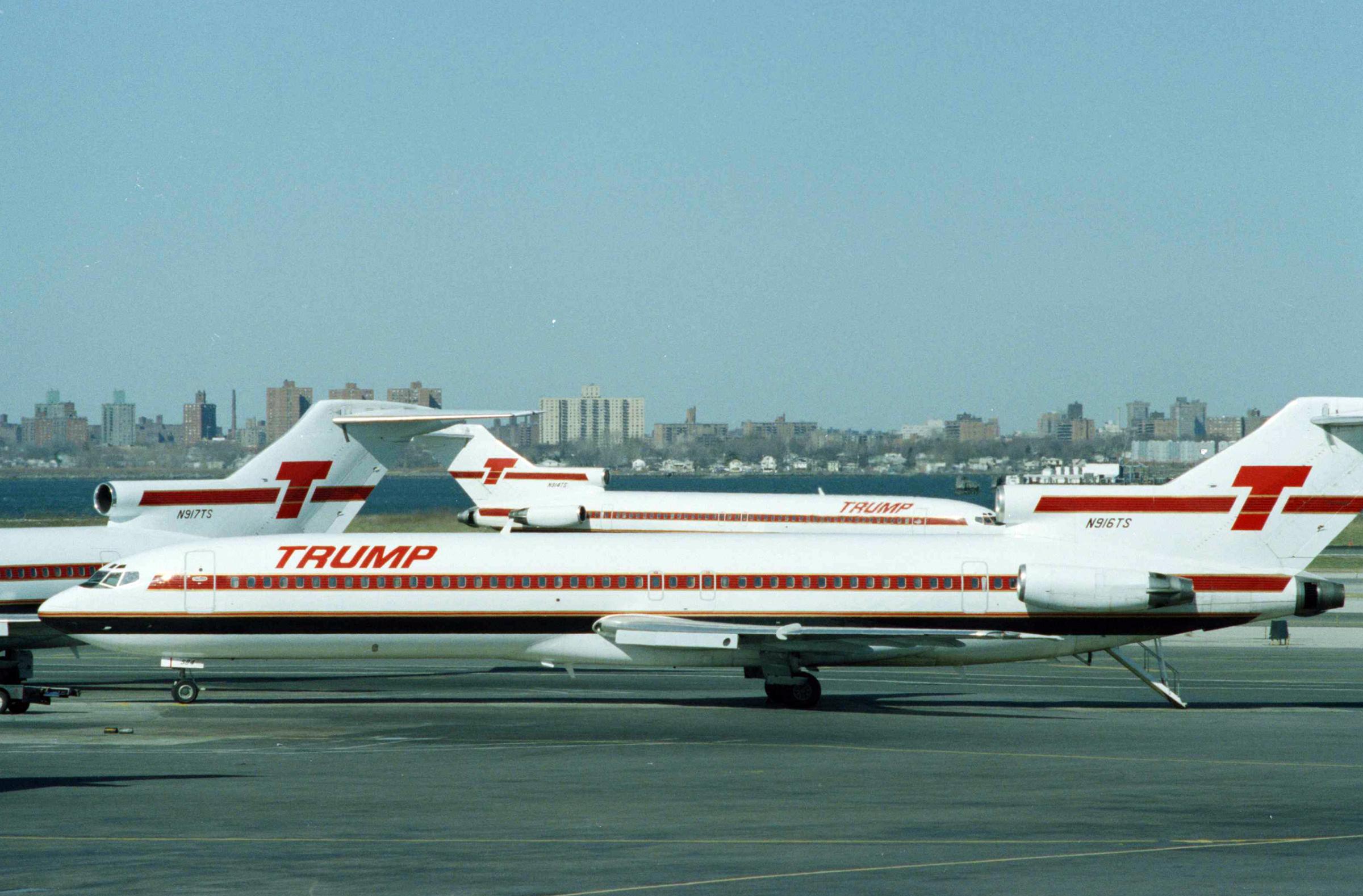
In October 1988, Donald Trump threw his wallet into the airline business by purchasing Eastern Air Shuttle, a service that for 27 years had run hourly flights between Boston, New York City and Washington, D.C. For roughly $365 million, Trump got a fleet of 17 Boeing 727s, landing facilities in each of the three cities and the right to paint his name on an airplane. Trump pushed to give the airline the Trump touch, making the previously no-muss, no-fuss shuttle service into a luxury experience. To this end, he added maple-wood veneer to the floors, chrome seat-belt latches and gold-colored bathroom fixtures. But his gamble was a bust. A lack of increased interest from customers (who favored the airline for its convenience not its fancy new look) combined with high pre–Gulf War fuel prices meant the shuttle never turned a profit. The high debt forced Trump to default on his loans, and ownership of the company was turned over to creditors. The Trump Shuttle ceased to exist in 1992 when it was merged into a new corporation, Shuttle Inc.
Trump Vodka
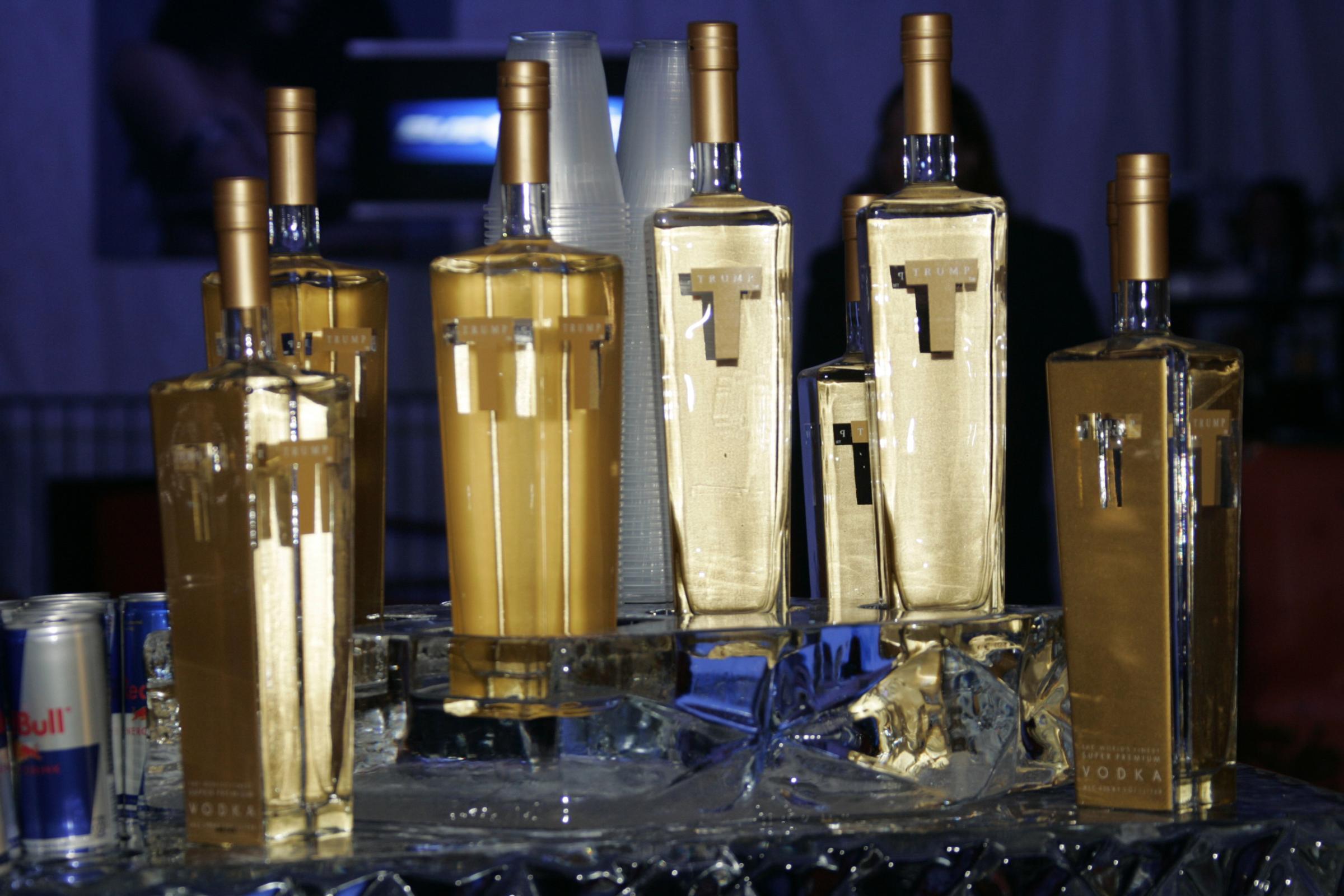
In April 2006, Trump announced that, after years in the real estate business, he was launching a mortgage company. He held a glitzy press conference at which his son Donald Jr. predicted that Trump Mortgage would soon be the nation’s No. 1 home-loan lender. Trump told CNBC, “Who knows more about financing than me?” Apparently, plenty. Within a year and a half, Trump Mortgage had closed shop. The would-be lending powerhouse was done in by timing (the housing market cratered in 2007) and ironically enough, given Trump’s Apprentice TV show, poor hiring. The executive Trump selected to run his loan company, E.J. Ridings, claimed to have been a top executive at a prestigious investment bank. In reality, Ridings’ highest role on Wall Street was as a registered broker, a position he held for a mere six days.
Trump Mortgage
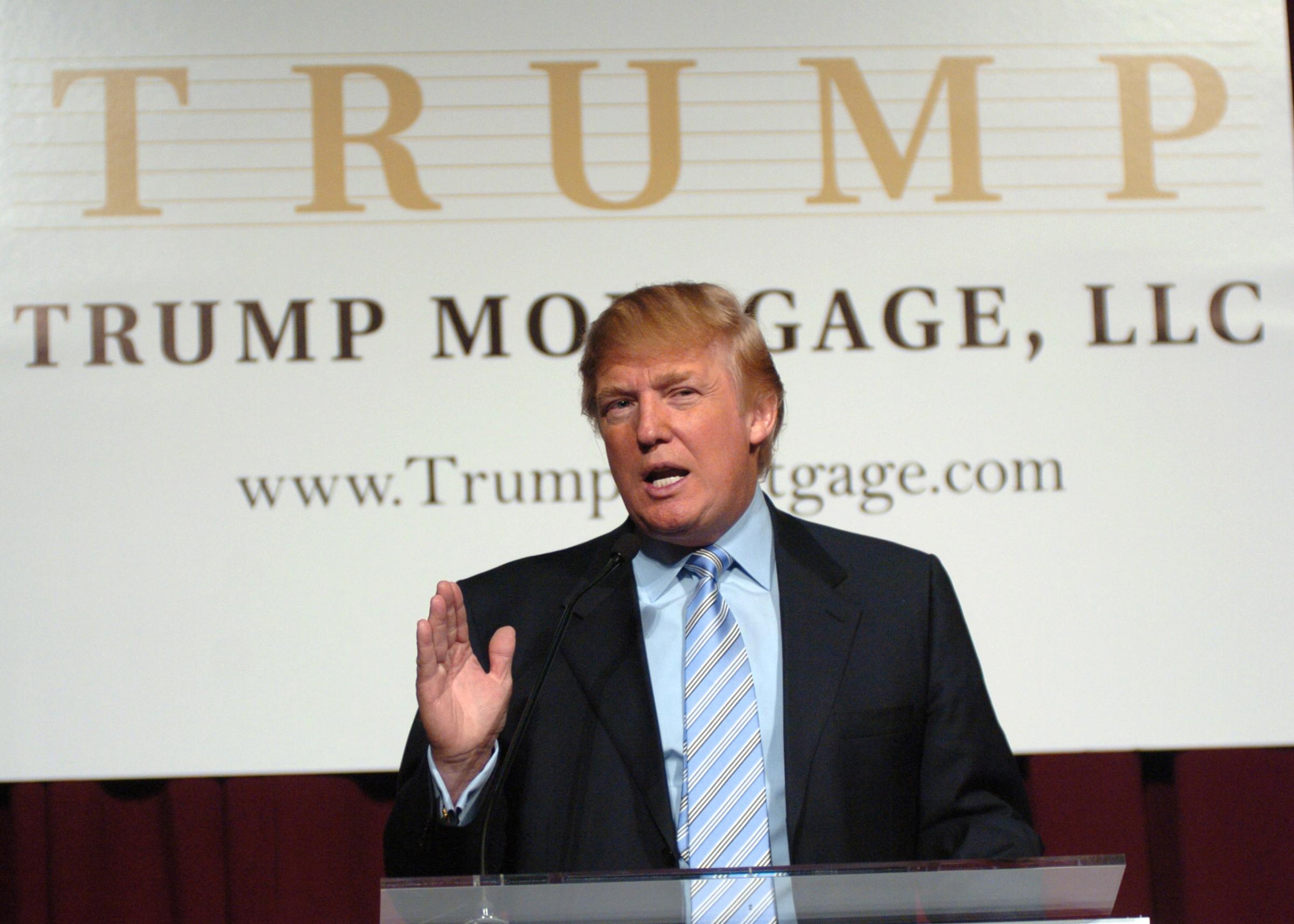
In April 2006, Trump announced that, after years in the real estate business, he was launching a mortgage company. He held a glitzy press conference at which his son Donald Jr. predicted that Trump Mortgage would soon be the nation’s No. 1 home-loan lender. Trump told CNBC, “Who knows more about financing than me?” Apparently, plenty. Within a year and a half, Trump Mortgage had closed shop. The would-be lending powerhouse was done in by timing (the housing market cratered in 2007) and ironically enough, given Trump’s Apprentice TV show, poor hiring. The executive Trump selected to run his loan company, E.J. Ridings, claimed to have been a top executive at a prestigious investment bank. In reality, Ridings’ highest role on Wall Street was as a registered broker, a position he held for a mere six days.
Trump: The Game
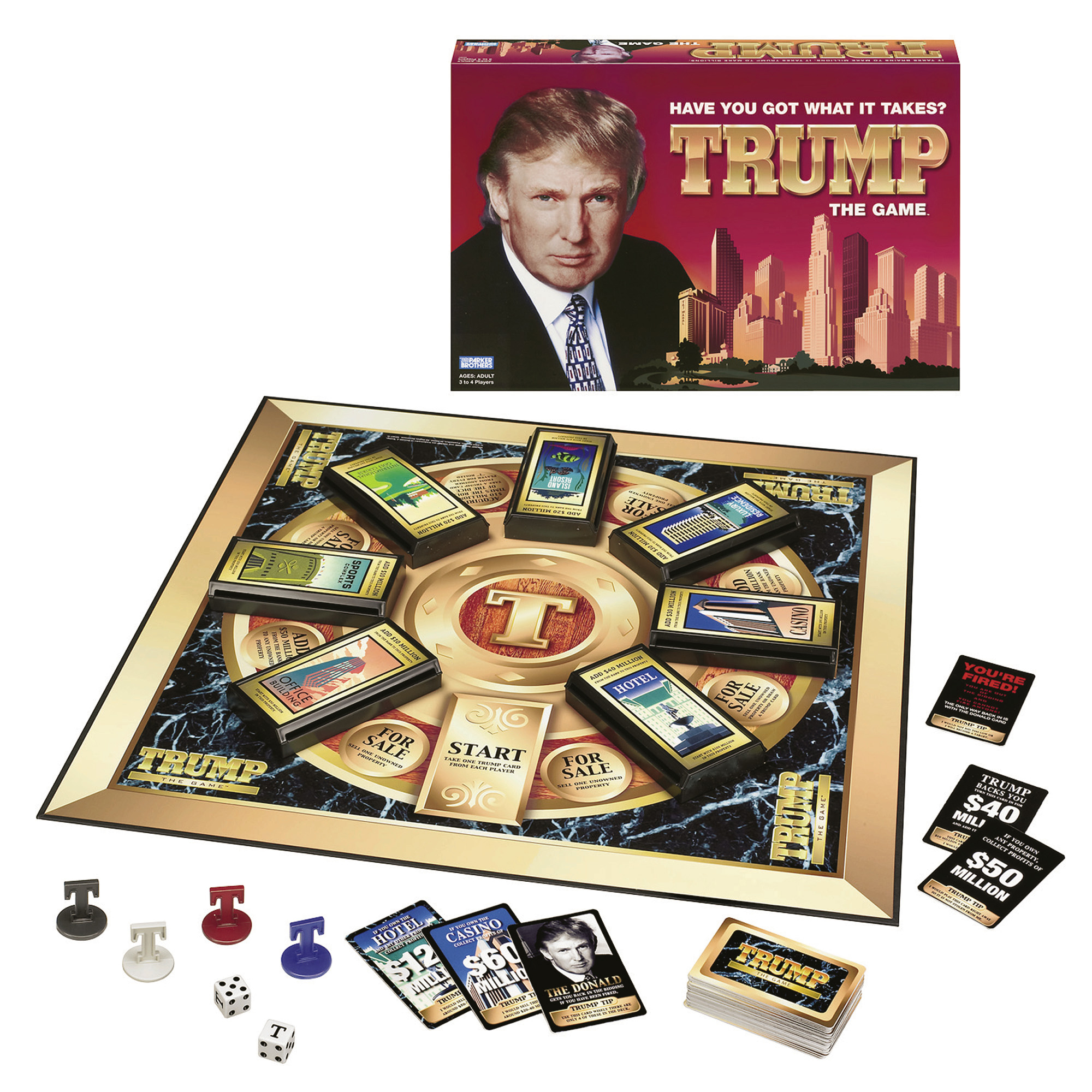
In 1989, the Donald teamed up with Milton Bradley to release Trump: The Game, a Monopolyesque board game in which three to four players must buy and sell real estate and try to trump one another in business deals. A year later Trump admitted the game was vastly underselling the predicted 2 million units he and the toy company had hoped for. Not one to abandon ideas, Trump revived the game 15 years later after his success on The Apprentice, making sure to incorporate the series catchphrase “You’re fired!” into the game. Other updated features included a sterner-looking Trump on the box cover, somewhat simpler rules and cards with business tips.
The China Connection
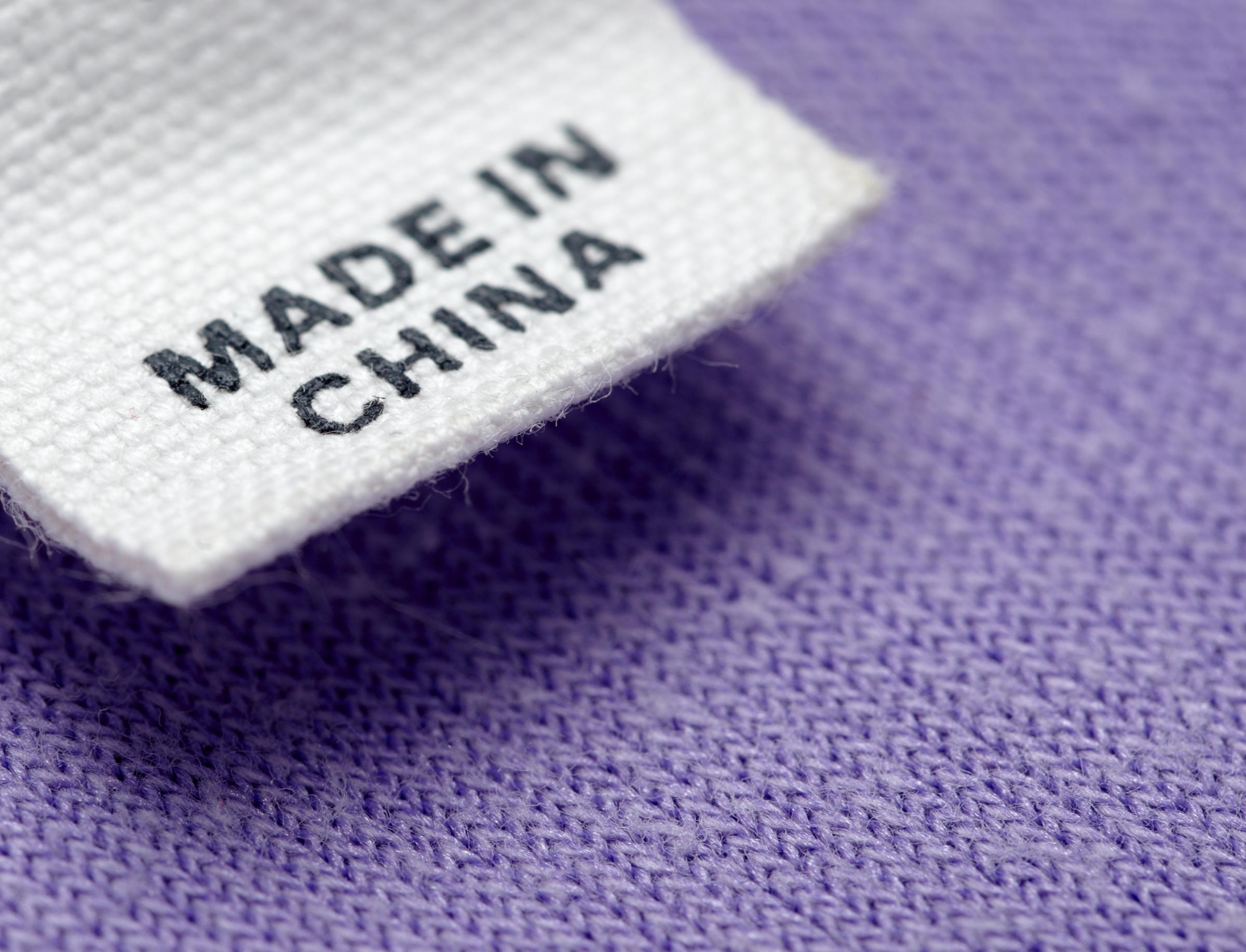
“The problem with our country is we don’t manufacture anything anymore,” Donald Trump told Fox News a year ago. “The stuff that’s been sent over from China,” he complained, “falls apart after a year and a half. It’s crap.” That very same Donald Trump has his own line of clothing, and it’s made in … China. (O.K., O.K. — not all of it. Salon, which reported this intriguing, head-scratching fact, notes that some of his apparel is from Mexico and Bangladesh.)
Trump Casinos
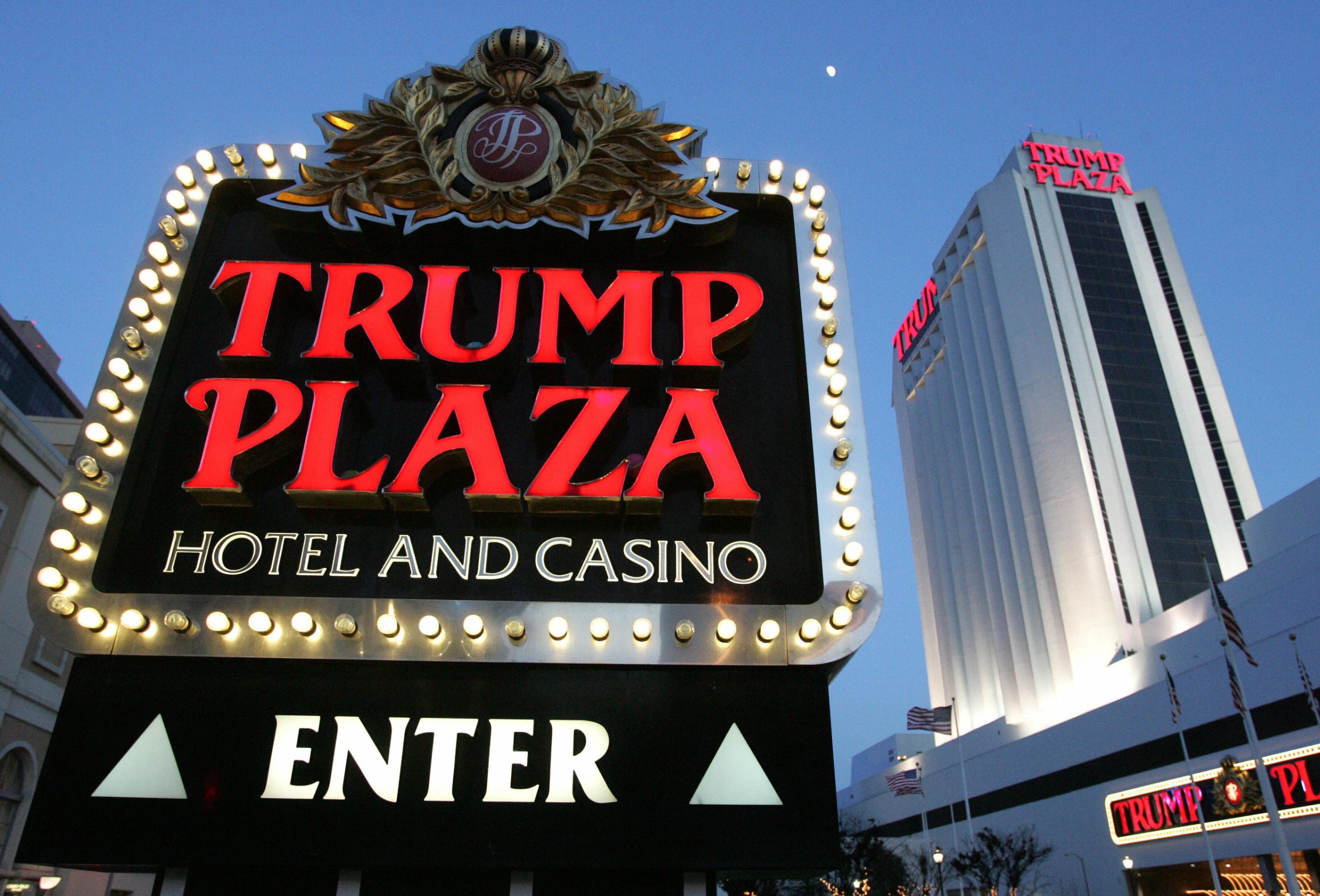
Donald Trump’s gambles don’t always go as planned. Especially when that gamble is gambling itself. In February 2009, Trump Entertainment Resorts Inc. filed for Chapter 11 bankruptcy protection for the third time in a row — an extremely rare feat in American business. The casino company, founded in the 1980s, runs the Taj Mahal, the Trump Plaza and the Trump Marina. All three casinos are located in Atlantic City, N.J., where the gambling industry has faced a decline in tourists who prefer gambling in Pennsylvania and Connecticut instead. Trump defended himself by distancing himself from the company, though he owned 28% of its stock. “Other than the fact that it has my name on it — which I’m not thrilled about — I have nothing to do with the company,” he said. He resigned from Trump Entertainment soon after that third filing, and in August of that year he, along with an affiliate of Beal Bank Nevada, agreed to buy the company for $100 million. The company reported it emerged from bankruptcy in July 2010.
Trump Steak
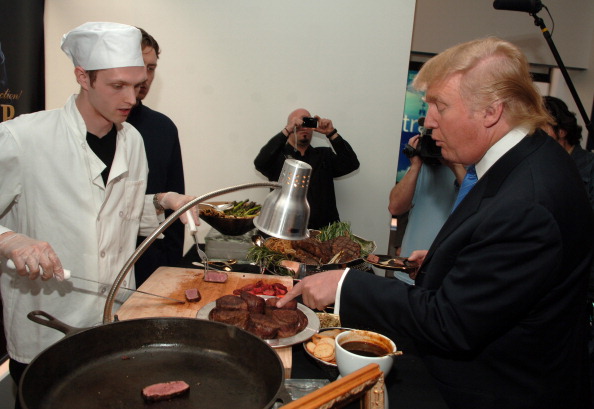
Donald Trump was featured on the June 2007 cover of the Sharper Image catalog hunched over a platter of meat to kick off his line of premium steaks that he dubbed the “world’s greatest.” The company has since been discontinued—maybe it had something to do with the Trump Steakhouse in Las Vegas being closed down in 2012 for 51 health code violations, including serving five-month old duck.
Trump Magazine
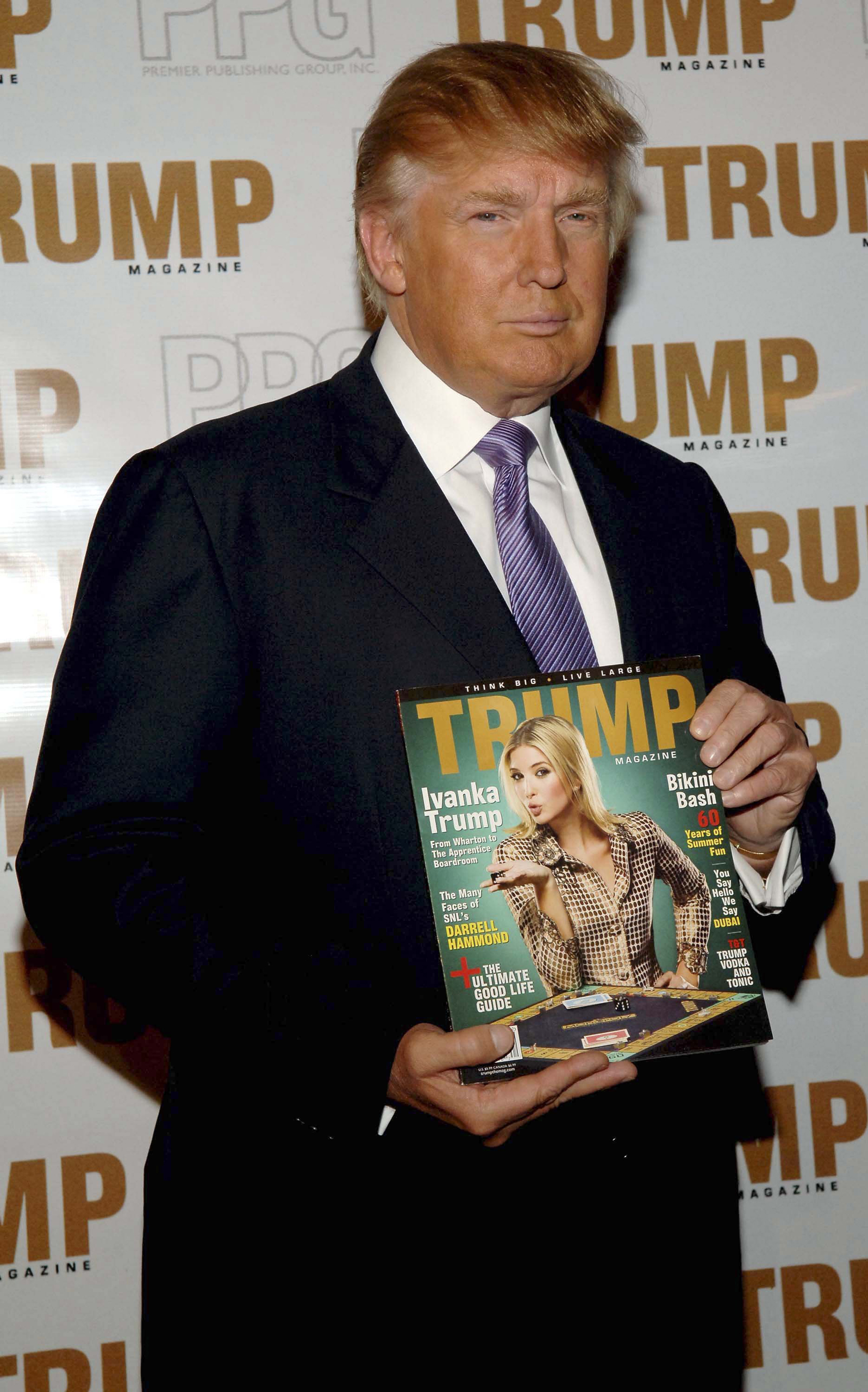
Trump launched an eponymous magazine in 2007 that, in a press release announcing the publication’s arrival, was described as “[reflecting] the passions of its affluent readership by tapping into a rich cultural tapestry.” A year-and-a-half after the launch, the magazine ceased publication.
GoTrump.com
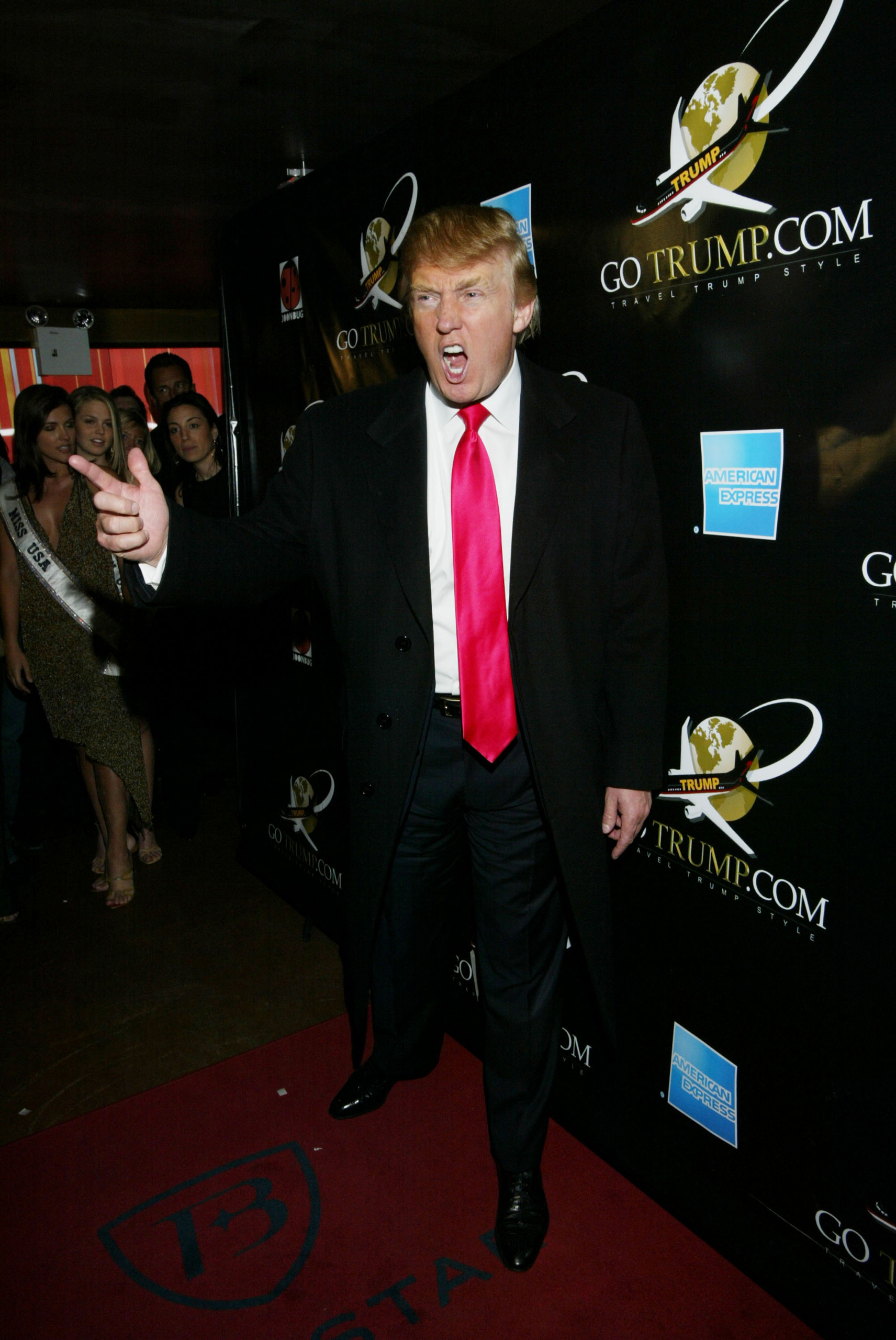
Trump launched this luxury travel search engine in 2006, only to shut it down a year later, despite being powered by booking giant Travelocity.
Trump University
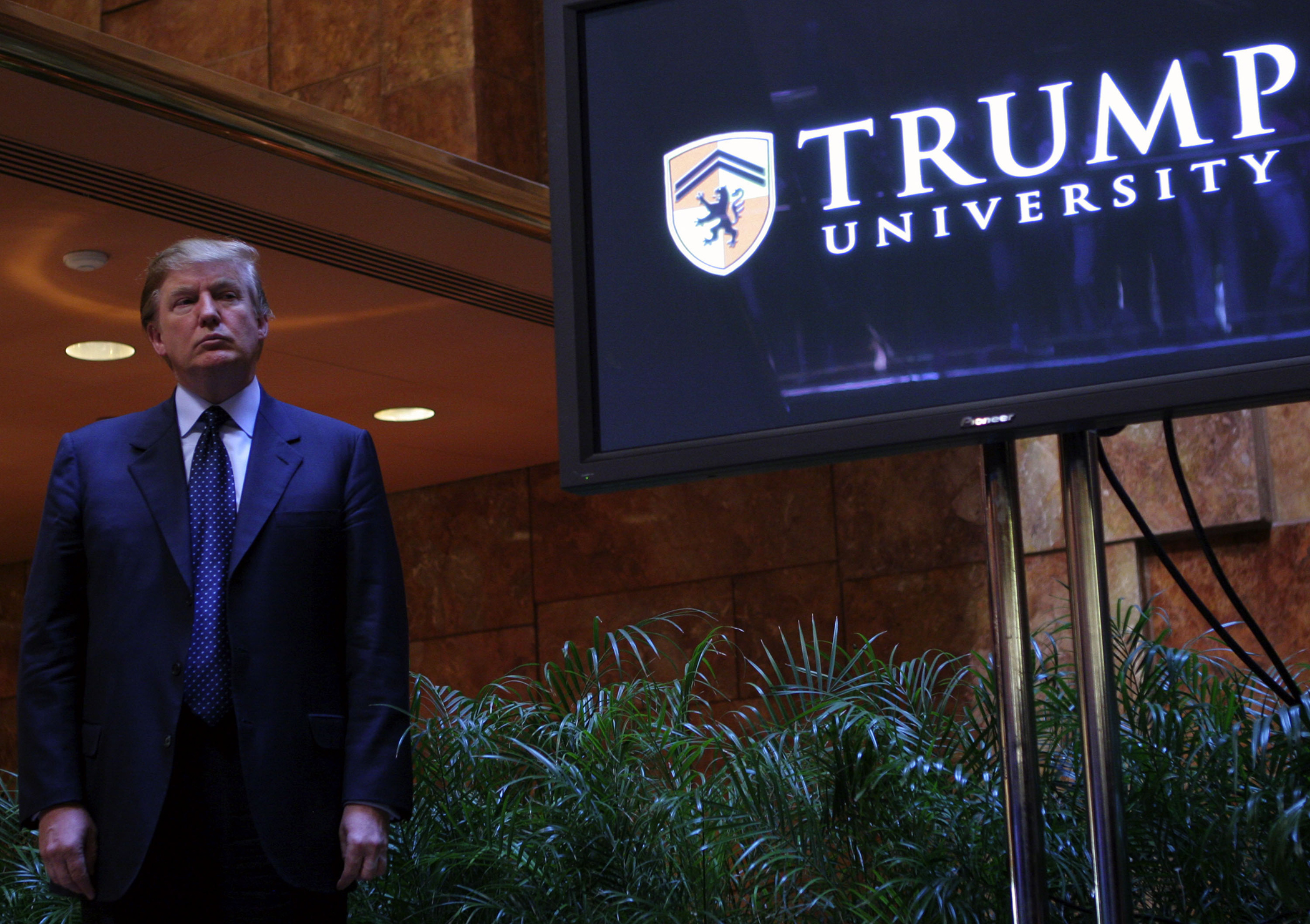
In 2005, Trump opened the non-accredited, for-profit Trump University. In 2010, four students sued the university for “offering classes that amounted to extended ‘infomercials.’” Following the suit, the “university” changed its name to “The Trump Entrepreneur Initiative,” before ending operations one year later. In 2013, the New York Attorney General sued Trump and the “university” for $40 million for allegedly defrauding students.
More Must-Reads from TIME
- Cybersecurity Experts Are Sounding the Alarm on DOGE
- Meet the 2025 Women of the Year
- The Harsh Truth About Disability Inclusion
- Why Do More Young Adults Have Cancer?
- Colman Domingo Leads With Radical Love
- How to Get Better at Doing Things Alone
- Michelle Zauner Stares Down the Darkness
Contact us at letters@time.com